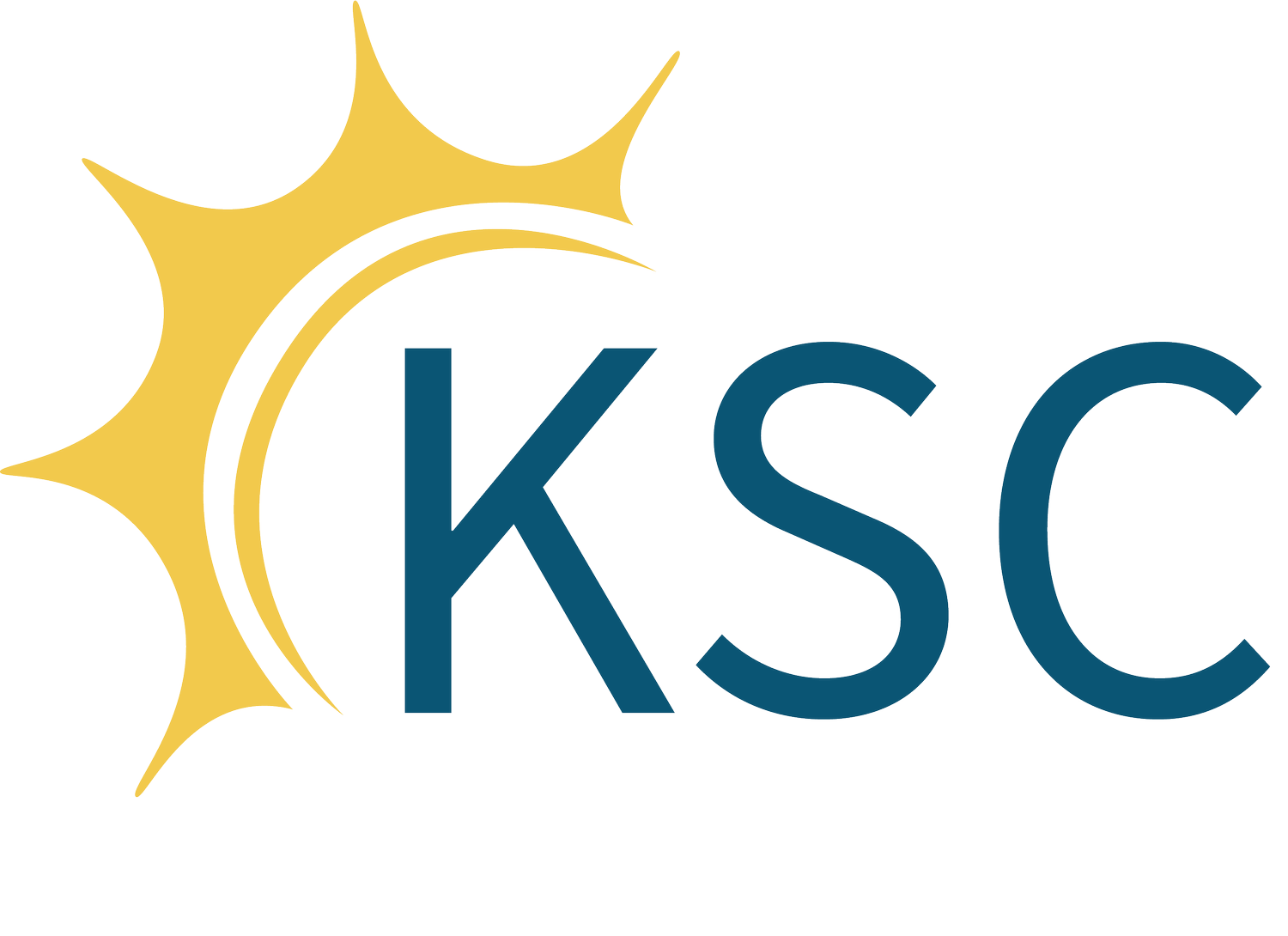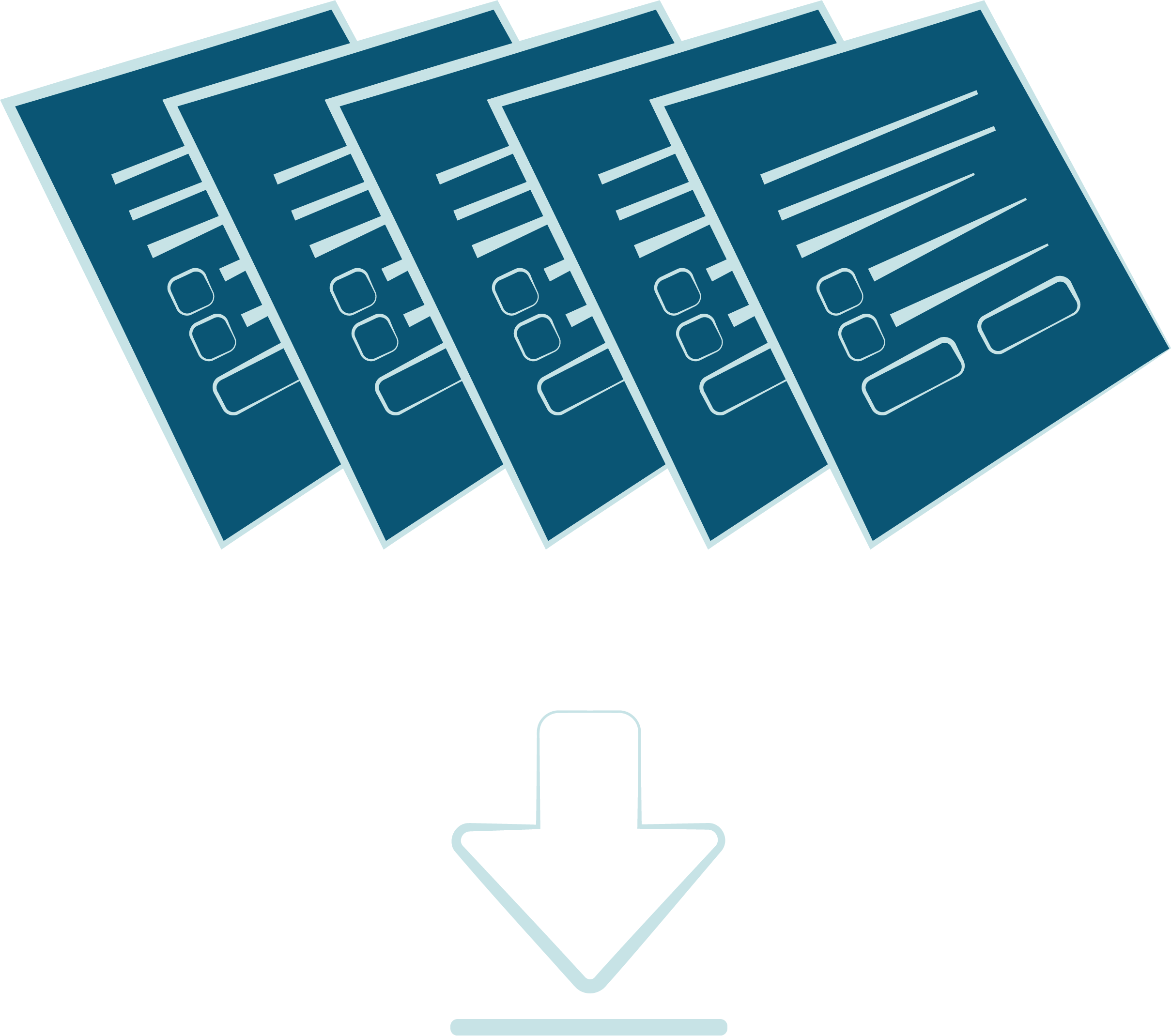Patient Resources
Everything you need to know for your procedure
Do you have a procedure scheduled with us?
Know what to expect throughout the process
-
Make sure you have completed the following forms before coming in for your surgery:
-
You may be scheduled to have pre-operative tests such as blood work, X-rays, etc. This is often determined from information provided by your surgeon, family doctor, or your patient questionnaire. If you need lab work or tests, we will contact you by mail or phone and forward the requisition to you or to the appropriate lab.
Your tests should be completed at least one week prior to your surgery. If you receive the requisition within a week of your surgery date, please arrange to have this done as soon as possible. If no lab tests are required, you will not receive a requisition. It is vital that you complete all of the required tests before your surgery, or your procedure could be delayed or canceled.
-
There are a lot of steps to get you ready for surgery and a lot of information for you to process, but it is important to your safety and helps create the best surgical result possible. We give you a copy of the post-op instructions now so that you can review them when you are relaxed and more likely to absorb things.
-
Vitamins and herbal remedies contain chemically active substances, and the exact amount is variable. Some of these substances will interact with the anesthetic drugs and cause complications while others will increase the chance of bleeding during and after the surgery. Have a conversation with your family doctor or surgeon about what supplements you are on. Typically, it is required to stop taking these 10 days prior to surgery.
-
The type of anesthetic offered at Kamloops Surgical Centre will depend on the nature and location of your surgery, the wishes of the patient and the judgment of the physicians. In simple terms, there are three different techniques:
Local anesthetic only – If the surgical procedure is simple and involves a very small area it may be possible to use only local anesthetic, similar to what a dentist injects. An anesthesiologist is not required in this circumstance.
Local anesthetic plus intravenous sedation – If the surgical procedure is more complex and covers a larger area, local anesthetic alone won’t provide enough comfort. An anesthesiologist can give intravenous sedation throughout the procedure to render the patient comfortable and free of anxiety.
General anesthetic – Most of our procedures require that the patient is completely unconscious, just as with any major surgery.
As with most things, there are advantages and disadvantages to each technique. The surgeon and anesthesiologist will discuss your options and provide the anesthetic that is best suited to you.
Please fill out and return your forms and lab tests as soon as possible, download the forms and send back to KSC:
Fax: 250-314-1196 or email to info@kamloopssurgery.com
-
Food and liquids in the stomach during an anesthetic are not safe as they create stomach acid that can return up the esophagus and enter the lungs. Do not drink or eat anything, including gum or candy, after midnight the night before your surgery. You may have water up to two (2) hours before surgery. Take all your usual medications EXCEPT diabetic medications at the normal time with just enough water to swallow them. Bring your diabetic medications with you. The nurse from the Centre will contact you the day before surgery to discuss your diabetic medications with you.
-
Kamloops Surgical Centre will contact you one week prior to your surgery with your expected arrival and surgery times. We ask you to show up 2 hours early unless you are the first patient of the day, and then your check-in is one hour prior to surgery. The nurse will take your vital signs and discuss your needs and health status prior to your surgery. They nurse will also start an intravenous infusion to ensure that you remain hydrated and enable the anesthesiologist to start the anesthetic.
-
You will walk across the hall from your admission room to the operating room. Your operating room nurses will greet you, confirm your procedure and identify the exact site of the surgery. Don’t be alarmed if they ask what you are having done; they just want to make sure the consent form is accurate.
You will be placed on the operating table under a warm air blanket. Before you go to sleep you will have a blood pressure cuff, oxygen monitor, and ECG monitor connected. The anesthesiologist will administer the medications through your IV when it is time to go to sleep. You will be asked to breathe some oxygen through a mask as you are given the anesthetic. The staff remain with you throughout your procedure and escort you to the recovery room with the anesthesiologist, once the procedure is completed.
-
Most day care patients at Kamloops Surgical Centre will be cared for in the recovery room for between one and six hours post-surgery. Your time in the recovery area depends on your procedure, duration, and pain and nausea requirements.
The recovery area is fully equipped to monitor patients after surgery and the nurse is observing you at all times. You will have an IV line in your arm or wrist to provide fluids and receive medications. You may also have a mask over your face to provide oxygen.
Many people feel groggy right after an operation but the newest generation of anesthetic drugs wear off quite quickly. It’s possible to have some nausea and vomiting, but every effort is made to prevent these. The nurse will administer as much medication for pain control as you require. Our nurses have considerable experience at making patients comfortable while minimizing the side effects of the various drugs.
When you are ready to go the nurse will give specific, detailed instructions to you and the responsible adult picking you up. They will discuss optimizing your pain control, care of the surgical site, and what to do if any complications develop. Only when our medical staff has assessed you will you be discharged.
Please make arrangements for your ride to be available at any time and we will call them approximately 30 minutes before you are ready to leave.
-
Managing your pain control, looking after dressings, and resuming normal activities will be the key issues after you leave the Centre. Prior to the surgery you will have received some general post-op instruction, these will be supplemented with some that are more specific to your procedure. The nurse will review these in the presence of the person who is picking you up.
You will receive specific instructions on how to use the different pain killers to their best effect. Good pain control can make all the difference.
-
Before you leave we will make sure arrangements have been made as to when to see your surgeon next.
-
Potential complications of any surgery include bleeding, infection, wound breakdown, pneumonia, and the possibility of unexpected blood clots forming in the leg veins. Some can occur within a day of the surgery while others happen up to weeks later. It is important that you have a plan in the event of something unexpected.
If you suddenly become desperately unwell, call an ambulance or go straight to the nearest Emergency Department. If you have a more gradual problem, contact your surgeon through their office. If your surgeon is unavailable, there will be another surgeon on-call to cover their patients.
Contact details for the Emergency Room and surgeons offices are provided on your written instructions.
Find out how you can have a procedure at KSC
Are you wondering how you can have a procedure at KSC?
Learn more about what we do
Private Cosmetic Surgery
Your face, body, and skin play a vital role in creating a well-balanced life. We offer a range of cosmetic procedures as a part of your journey in self-expression.
Public Healthcare
Supporting our community through public healthcare is paramount to our mission at KSC. Our Accredited Facility is made available to meet the needs of the community at large through our strong partnership with Interior Health.
Worksafe & RCMP
We perform procedures covered by third party insurers including WSBC and RCMP.
Be in control of your procedure
Download patient forms
Know what to expect before and after your surgery, read and fill out the required forms prior to your procedure.
How to Pay
Coverage & Financing
Payment is only required for private cosmetic surgeries. We understand you have important decisions to make regarding your surgical care and the subsequent costs. Here’s everything you need to know to make those decisions.
-
We perform procedures with coverage by third party insurers including but not limited to:
WSBC
RCMP
-
The following options for payment are acceptable:
Cash or bank-guaranteed cheques
Visa or MasterCard
Guarantee by insurer or third party suitable to management of Kamloops Surgical Centre
-
All surgical procedures must be prepaid or have a suitable guarantee for payment in place (insurer authorization) at least 2 weeks prior to surgery.
Have questions?
Check out our FAQs.


